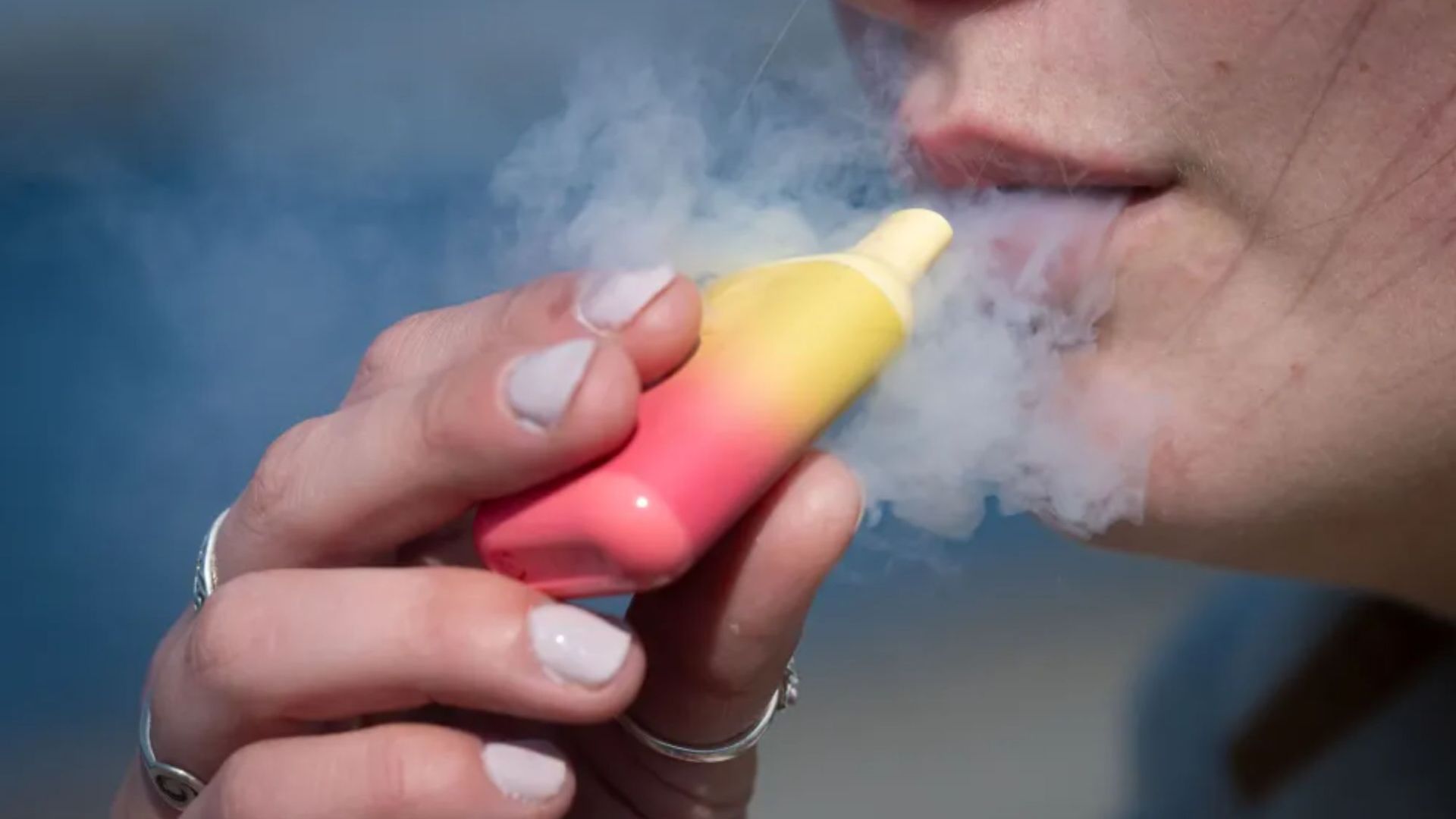Business
New 50-Cent Tax on E-Liquid for Vapers Starts Tomorrow

A new tax on e-liquid used in vape products will take effect on March 15, 2024. This change, announced in the previous year’s budget, will impose a charge of €0.50 per millilitre of e-liquid, not including a 23 percent Value Added Tax (VAT). As a result, consumers can expect significant price increases for various vaping products.
For instance, a standard 2ml disposable vape, which currently retails for approximately €8, will rise to over €9. Additionally, a 10ml e-liquid refill, priced at €6, will also see a notable increase. These adjustments aim to address public health concerns regarding vaping, particularly in light of recent research indicating potential risks associated with e-liquid consumption.
Health Concerns Prompt New Tax Policy
The introduction of this tax follows alarming findings from recent studies on the effects of vaping on brain health. Researchers have raised concerns about the long-term implications of e-liquid ingredients on cognitive function and mental health. The increasing prevalence of vaping among young people has further intensified scrutiny from health officials and policymakers alike.
In response to these studies, the government hopes that the new tax will deter usage, particularly among youth. By making vaping products more expensive, officials aim to reduce accessibility and curb the rising trend of e-cigarette use among adolescents.
Moreover, this tax aligns with broader public health strategies that focus on reducing smoking and vaping rates. Countries around the world have implemented similar taxes to discourage tobacco and nicotine use, reflecting a growing consensus on the need for regulatory measures in this area.
Economic Impact on Consumers and Retailers
While the intention behind the tax is to promote health, the financial implications for consumers are significant. Many vapers are likely to feel the pinch as they adjust to the new pricing structure. Retailers, too, will face challenges as they navigate the increased costs associated with e-liquid supplies.
Experts predict that some consumers may seek alternatives, such as nicotine patches or other cessation products, as a response to rising prices. This shift could have a ripple effect in the market, leading to changes in consumer behavior and product availability.
As the tax takes effect tomorrow, both consumers and retailers will need to adapt to this new landscape. The government plans to monitor the impact of this policy closely, with an eye toward assessing its effectiveness in reducing vaping rates and addressing public health concerns.
In conclusion, the implementation of a €0.50 tax on e-liquid marks a significant step in regulating the vaping industry. As the situation unfolds, stakeholders will be watching closely to see how this policy influences consumer behavior and public health outcomes.
-

 Top Stories3 months ago
Top Stories3 months agoTributes Surge for 9-Year-Old Leon Briody After Cancer Battle
-

 Entertainment4 months ago
Entertainment4 months agoAimee Osbourne Joins Family for Emotional Tribute to Ozzy
-

 Politics4 months ago
Politics4 months agoDanny Healy-Rae Considers Complaint After Altercation with Garda
-

 Top Stories4 months ago
Top Stories4 months agoIreland Enjoys Summer Heat as Hurricane Erin Approaches Atlantic
-

 World5 months ago
World5 months agoHawaii Commemorates 80 Years Since Hiroshima Bombing with Ceremony
-

 Top Stories3 months ago
Top Stories3 months agoNewcastle West Woman Patricia Foley Found Safe After Urgent Search
-

 Top Stories5 months ago
Top Stories5 months agoFianna Fáil TDs Urgently Consider Maire Geoghegan-Quinn for Presidency
-

 World5 months ago
World5 months agoCouple Convicted of Murdering Two-Year-Old Grandson in Wales
-

 World5 months ago
World5 months agoGaza Aid Distribution Tragedy: 20 Killed Amid Ongoing Violence
-

 World5 months ago
World5 months agoAristocrat Constance Marten and Partner Convicted of Infant Murder
-

 Top Stories4 months ago
Top Stories4 months agoClimbing Errigal: A Must-Do Summer Adventure in Donegal
-

 Top Stories4 months ago
Top Stories4 months agoHike Donegal’s Errigal Mountain NOW for Unforgettable Summer Views









